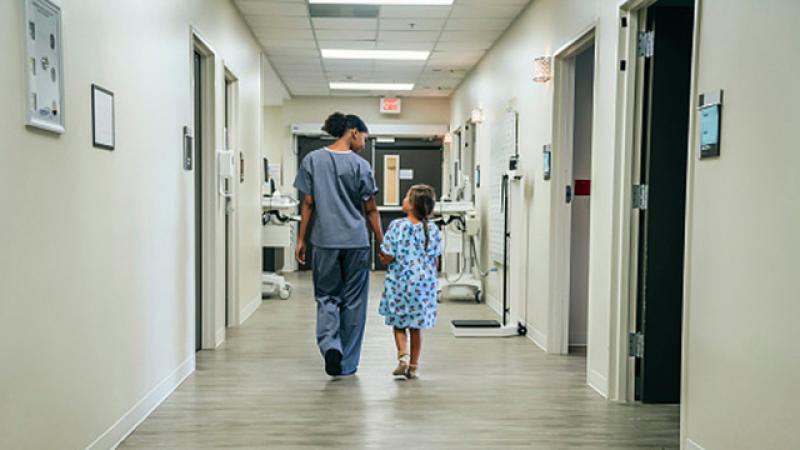CDC warns of respiratory virus affecting kids and adults


CHARLOTTE, N.C. (FOX 46 CHARLOTTE) - The Centers for Disease Control and Prevention wants to alert you about a respiratory infection that can affect your children and even some adults.
As it gets colder, parents should make sure their children add on the layers and bundle up so they don't get sick, but the CDC is warning parents to watch out for Respiratory Syncytial Virus or 'RSV.'
RSV can start out as looking like a common cold . It is a respiratory virus that usually causes mild, cold-like symptoms and most people recover in a week or two.
But RSV can also be serious, especially for infants and older adults. In fact, RSV is the most common cause of bronchiolitis (inflammation of the small airways in the lung) and pneumonia (infection of the lungs) in children younger than 1 year of age in the United States.
It is also a significant cause of respiratory illness in older adults.
Right now, the CDC says there is not a vaccine available to treat RSV. There is a medicine that can help protect some babies. This medicine (called palivizumab) is a series of monthly shots.
For more information on RSV, please click here .









"As it gets colder, parents should make sure their children add on the layers and bundle up so they don't get sick"
The rest of the tips are spot on ... but the reporter who wrote this should have stuck with the CDC's advice. I'm always astonished by how many otherwise intelligent people still believe that myth.
There is a vaccine available for pneumonia (which apparently RSV can lead to), but I only hear of the elderly getting it, not infants.
Nothing is more important in preventing infection or disease than handwashing. Getting vaccines is good too.
Yep - and not touching your face is another important one. Because unfortunately, you can't always avoid sick people.
That only highlights the importance of proper handwashing.
There are two types of pneumonia vaccines.
Good to know! I get it for my mom each year but wasn't aware that it was OK for infants. I'm actually thinking of getting one this year since I haven't managed to quit smoking yet, since I realized that the guidelines aren't just about age.
Now if they'd just make that new shingles vaccine actually available ...
I got a pneumonia shot after I had a horrible case of pneumonia a few years ago - don't remember which one, though. I'm overdue!
Oh ... read the links on that CDC article - they explain the 2 vaccines.
I agree about the shingles vaccine - I need one, too.
More good stuff - I never knew there were 2 types of pneumonia vaccine, either!
My mom's doctor said every 5 or 10 years is enough, it's not like the flu vaccine where you need it every year.
Our pharmacy told me that they'd have the shingles vaccine last July. Then it was November. Now they aren't even being given an estimated date for when they can expect to get it. It's aggravating - they told me a few of the people on their wait list have gotten shingles in the meantime.
That seems to be one of the differences between the 2 shots. When I got mine, I think only the 5 year one was available. At my next physical, I'm going to get whichever is the most effective, because I never want to get pneumonia again. My pneumonia progressed to pleural effusion which affected my heart - 4 months in/out of the hospital, 3 surgeries. The only good that came out of it all was that I lost 40 lbs without trying.
I'm overdue on that, too, but there are so many conflicting stories about how effective/ineffective each year's vaccine is that I talk myself out of getting jabbed again.
Excellent article and timely advice.
My daughter Cat, got this and ended up with "Silent pneumonia". She was one of the first 10 in the US to get this and it is still not widely recognized. It's when the doctor listens to the lungs and they sound clear (no rales), but when they do an xray, the lungs are full of fluid. Lucky for me, I knew my kid and she never ran fevers and this time she had 103, and complained it was hard to breathe, so I knew something really bad was going on. Trust your gut if you think your kid has pneumonia and make sure they get an x ray.